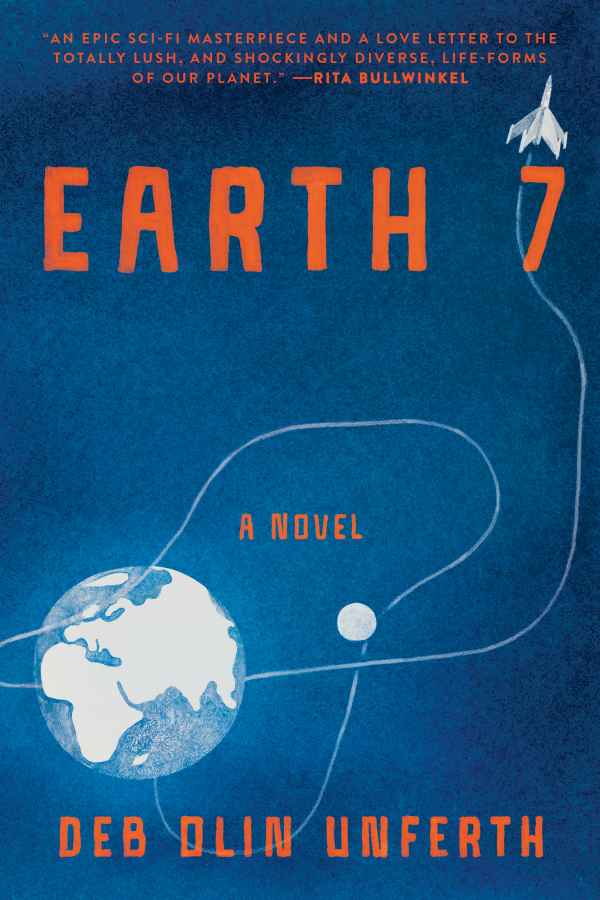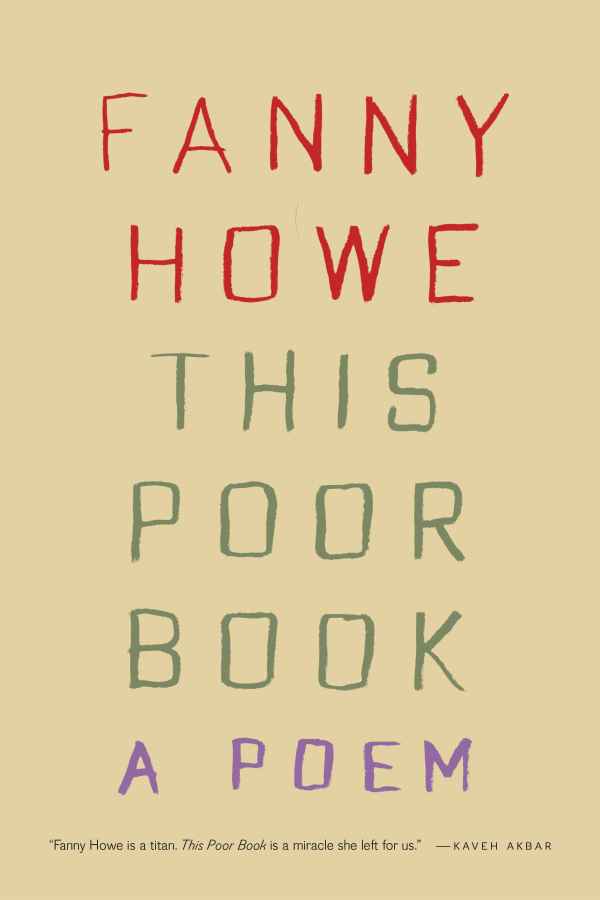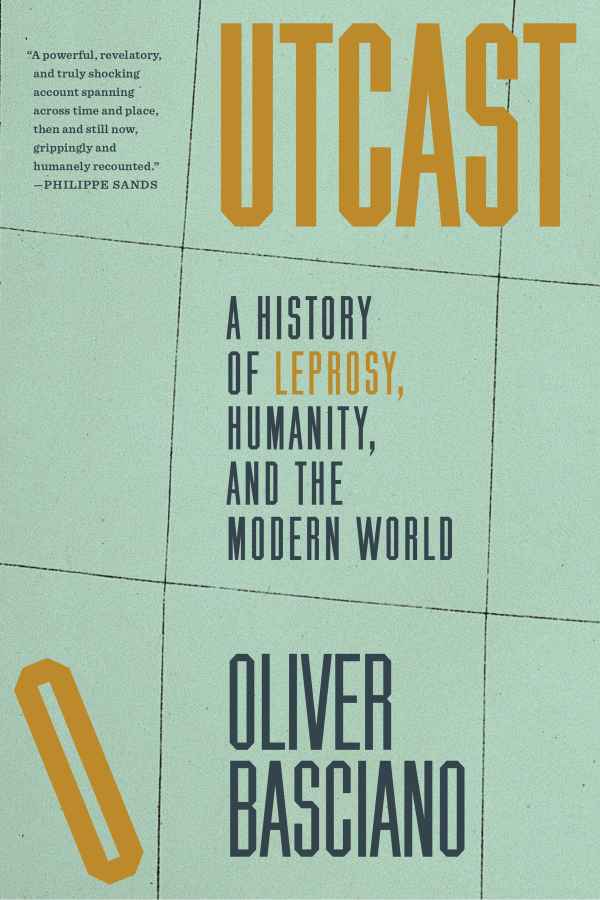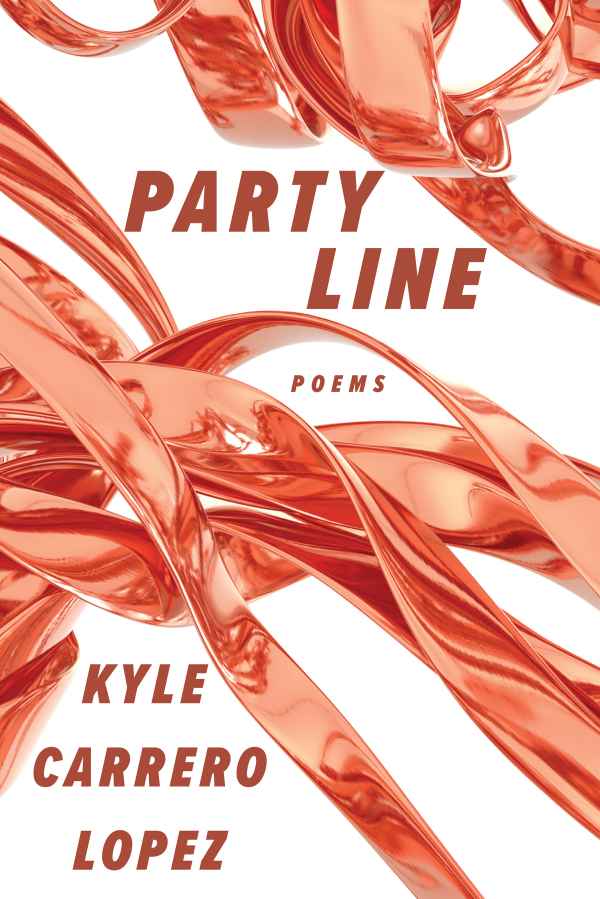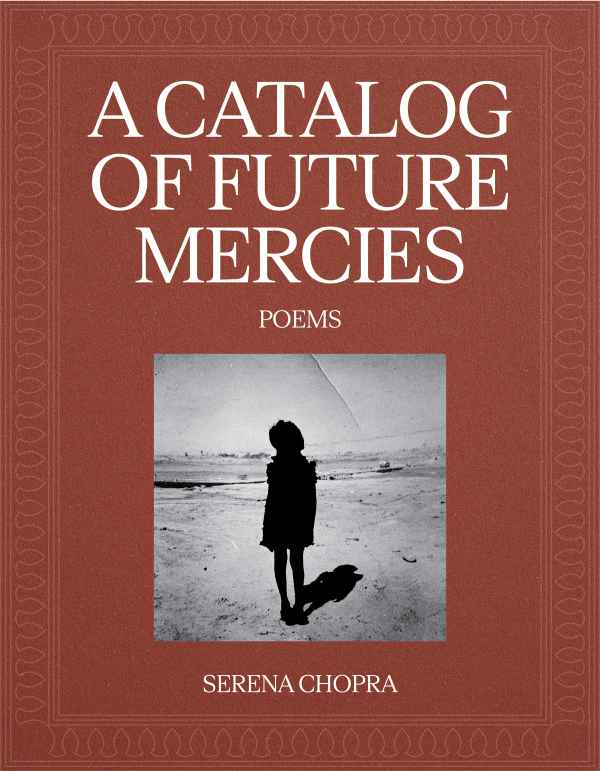Spring 2026 Catalog
Triage
by Claudia Rankine
Publication date August 4, 2026 nonfiction
A groundbreaking new direction for Claudia Rankine, the best-selling author of Citizen and Just Us
Claudia Rankine has widened contemporary literature with her consciousness-raising, genre-defying works. In her first book after her celebrated American trilogy, presented with full-color visuals, Rankine shifts into sustained narrative, memory, criticism, and essay to offer her most personal and emotionally resonant writing yet.
Triage follows the turbulent friendship between two composite characters, the narrator and the theorist, self-identified sisters struggling to define their wounded histories and their shared but separate lives. During college, they invent a game of collapse: Every time they see each other, they have to stop and fall to the ground. As their kinship continues off and on for decades, “collapse” takes on new meanings that are seen and felt in the violence of their pasts, artworks depicting couches where someone might ease their exhaustion, the ongoing devastation in Gaza, and the antagonism of their conversation and their love for each other.
Triage
August 4, 2026
978-1-64445-400-8
Earth 7
by Deb Olin Unferth
Publication date June 9, 2026 fiction
An end-of-the-world love story, an epic full of pathos and humor, asking what can be saved of our planet
Well, that’s about it for the story of planet Earth, poor Earth, reduced to not much more than a piece of burnt coal. But, as Deb Olin Unferth shows in her latest electrifying novel, life and love persist, even in the most unexpected, inhospitable places.
Two women meet on a beach of artificial sand. One was raised in a pod in the ocean and the other may or may not be a robot. Their love—or any love—seems so unlikely. Earth is severely depopulated. Some people have given up, gone off to Mars. Others pursue eternal life as digital code. And yet others, like Dylan and Melanie, are holdouts—and some of those holdouts are constructing a vast molecular collection in hopes that a future person may be alive to make a new Earth. Foolhardy? Misguided? Quixotic? Probably. But what can a human (or a robot) do?
Earth 7: A Novel
June 9, 2026
978-1-64445-394-0
Hardcover $27.00
248 pages 5.5" x 8.25"
Range
by Dorthe Nors; Translated from the Danish by Caroline Waight
Publication date August 18, 2026 fiction
In this mesmerizing novel, an astrophysicist searches for her place among her neighbors and in the universe
Gunn Haven, professor of astrophysics, has taken a leave from the institute where she teaches and moved to a rural area. She’s here for the clear night sky and for solitude as she tracks gamma-ray bursts and researches the origins of the universe.
But while Gunn studies celestial bodies, she is also contending with earthly bodies. There are her nearest neighbors: Brit, who knows everyone’s business, and Jenny, Brit’s restless teenage daughter. There is her young protégé; Gunn has sent him away to find his own path, yet longs to have him close. There are remote colleagues and dead loved ones, often in her thoughts. And there is the menacing Gable Woman, who, after catching Gunn wandering onto private property, is intent on putting her in her place.
Caroline Waight is a literary translator working from Danish, German and Norwegian. She has translated a wide range of fiction and nonfiction, with recent publications including The Lobster's Shell by Caroline Albertine Minor, Island by Siri Ranva Hjelm Jacobsen and The Chief Witness by Sayragul Sauytbay and Alexandra Cavelius. She lives and works near London.
Range: A Novel
August 18, 2026
Attention-Seeking Behavior
by Aea Varfis-van Warmelo
Publication date May 19, 2026 fiction
A confession from a liar that exposes the interrelation of language, control, performance, intimacy, and love
I have never told anyone about this before. There is no way to prove that it happened, but why would I lie?
The narrator of Attention-Seeking Behavior wants to tell you about Normal Ben, the man she’s been seeing: their running jokes, the stories she’s told him. She wants to tell you about the incorrect belief that tiny facial expressions betray a person’s real feelings. She wants to tell you about the time she went to a therapist to try to cure her lying habit. She wants to tell you about the body she found on a walk through the park. She wants to tell you about lies she’s told her demeaning, erratic boss. She wants to tell you about the history of police interrogation techniques, which use deception to extract false confessions. She wants to tell you that all lie-detection methods are phony. She wants to tell you what it’s like to read opposing testimonies in a sexual assault case. She wants to tell you about her ex-boyfriend, who is a liar. But is she telling you the truth—or does she only want your attention?
Aea Varfis-van Warmelo is a British Greek writer living in London. She is the author of Intellectual Property, a pamphlet of poems. Attention-Seeking Behavior is her first book.
Attention-Seeking Behavior: A Novel
May 19, 2026
This Poor Book
by Fanny Howe
Publication date May 5, 2026 poetry
Celebrated poet Fanny Howe’s final book, a kaleidoscopic recasting of her twenty-first-century poems
Look down onto the street
at the children
with their heads shaved
and their skin too white.
Do you want to leave
this house and join the war,
my dark-eyed child?
“No, grandmother.”
Let’s pull down the shade then.
Open this poor book and read.
—from This Poor Book
For decades, Fanny Howe has been our great poet of spirit and conscience, dislocation and bewilderment. In This Poor Book, completed just before her death, she has gathered a selection of poems and excerpts from the last thirty years, including new and revised poems, and has arranged them into an astonishing singular poem. Across this brilliant reconfiguration of her work, we follow the poet as seeker, both faithful and foolish, searching for language and existence beyond the machines of economy, judgment, and war. Howe interrogates the contradiction and violence of the twenty-first century, the misbegotten experiences that have given rise to a culture of authority and adulthood rather than one of innocence and childhood.
These spare lyrical shards move with a jagged but persistent direction—leading us between doubt and belief and toward Howe’s enduring vision for a life of humility, justice, and imagination.
This Poor Book: A Poem
May 5, 2026
Whyteface
by A. Igoni Barrett
Publication date August 4, 2026 fiction
A pointed satire about a Nigerian on vacation in Europe, into the heart of whiteness
Four years ago, a young man named Furo Wariboko woke up one morning in Lagos to find that he had transformed into a white man. Except for his ass. Now well established with a good job, going by Frank Whyte and living in a nicely appointed house in the capital city of Abuja, he is ready to set off on a real vacation—his first trip outside Nigeria.
As Frank travels to Amsterdam, Oslo, and Milan, he finds himself, for the first time in years . . . blending in. His skin is not in the least remarkable. In Amsterdam he befriends his well-meaning but occasionally misguided Airbnb host. There he also meets a Nigerian expat living in America whom he is both delighted to see but who vexes him for reasons he can’t initially identify. In Oslo, he intervenes when a charismatic Kenyan writer is the victim of a racist taxi driver. In Milan he comes upon a woman who might be a distant relative who has survived a treacherous journey of migration. He quickly realizes that he feels most Nigerian when he is outside of Nigeria, and he begins to wonder what it might take to be treated, simply, as human.
Whyteface: A Novel
August 4, 2026
Without Terminus
by chaun webster
Publication date June 2, 2026 nonfiction
A dazzlingly inventive account of kinship and dispossession by a two-time Minnesota Book Award–winning author
In his first work of nonfiction, poet chaun webster blends memoir, archival research, visual poetics, and cultural criticism to trace the ways structural anti-Black violence has shaped his inheritance, and grapples with the question of how to know—and mourn—the kin he was never able to meet.
webster is particularly drawn to his grandfather Reginald, who worked for years as a Pullman porter, who was denied rest while his labor enabled rest for others, and who died without receiving a pension before webster was born. Returning to the figures of Reginald and the train, webster explores the relationship between comportment and confinement, speaking in tongues in the Pentecostal church, the ancestral meeting place of dreams, his fraught relationship with his mother, and moments with his own child. Throughout, webster also reflects on nonbiological kinship, tethering his and his predecessors’ lives to those of several historical Black figures—Harriet Jacobs, John Henry, Henry “Box” Brown, and Henry Dumas, a writer who was killed by New York City police while riding the subway.
Work by chaun webster has appeared in the Academy of American Poets’ Poem-a-Day, Angel City Review, Obsidian, The Rumpus, Social Text, and Tilted House. His books Gentry!fication and Wail Song each won a Minnesota Book Award for poetry.
Without Terminus: untraining an archive
June 2, 2026
Outcast
by Oliver Basciano
Publication date July 7, 2026 nonfiction
The story of how one misunderstood disease became the global blueprint for stigma and ostracization
Outcast: A History of Leprosy, Humanity, and the Modern World reveals leprosy as the world’s foundational stigma, underlying the colonialism, exclusion, and exploitation that has shaped contemporary life.
After hearing leprosy being used as an anti-immigration dog whistle, Oliver Basciano began a journey into the past, uncovering how this ancient disease has been weaponized, used to justify forced exile and social ostracism around the world. Traveling from the last leprosarium in Europe to remote villages in Mozambique, from Siberian settlements to Brazil’s hinterlands, Basciano builds a history that centers the voices of patients and those forced into the colony system. Along the way, he finds communities formed in exile, patient activism, and the persistent human capacity for joy.
Oliver Basciano is a journalist and critic. Outcast won the RSL Giles St Aubyn Award for Non-Fiction. He is editor-at-large at ArtReview, and his work has appeared in The Guardian, The Times Literary Supplement, and e-flux Criticism.
Outcast: A History of Leprosy, Humanity, and the Modern World
Party Line
by Kyle Carrero Lopez
Publication date July 7, 2026 poetry
A debut collection that examines US-Cuba tensions, transnational Black identity, and revolutionary gatherings
The gays throwing it craft lengthy manifestos on community
care and the impermissibility of all “-isms” within the space
and charge forty dollars at the door. You, too, can cruise
utopia nightly for the price of one disposable income. The money
you have and the people you know: two ropes. A climb to safety,
or a bind ’round the neck.
Kyle Carrero Lopez is the author of the chapbook Muscle Memory, winner of the 2020 [PANK] Book Contest. He has an MFA in creative writing from New York University, where he was a Goldwater Fellow, and he is a Cave Canem Fellow. He lives in Brooklyn.
Party Line: Poems
July 7, 2026
A Catalog of Future Mercies
by Serena Chopra
Publication date June 23, 2026 poetry
In ghost stories and family history, this lyrical memoir explores mercy as resistance to generational violence
against discarding them in our flower beds—invasive species
are insistent. In vases, the prairie smells of drowned air, calcifies
the glass, rots overnight, and insists we scry the effluvium
for our morning prayer. Withered stamen, balding ovaries—how
do her petals withstand fists of storm and wind? I remove the death
and change the water, unable to discern her kind of thirsting.
Serena Chopra is a writer, dancer, filmmaker, and performance artist. She has a PhD in creative writing from the University of Denver and has received support from the NEA, MacDowell, Kundiman, and Fulbright. She is the author of This Human, Ic, and A Catalog of Future Mercies.
A Catalog of Future Mercies: Poems
June 23, 2026

